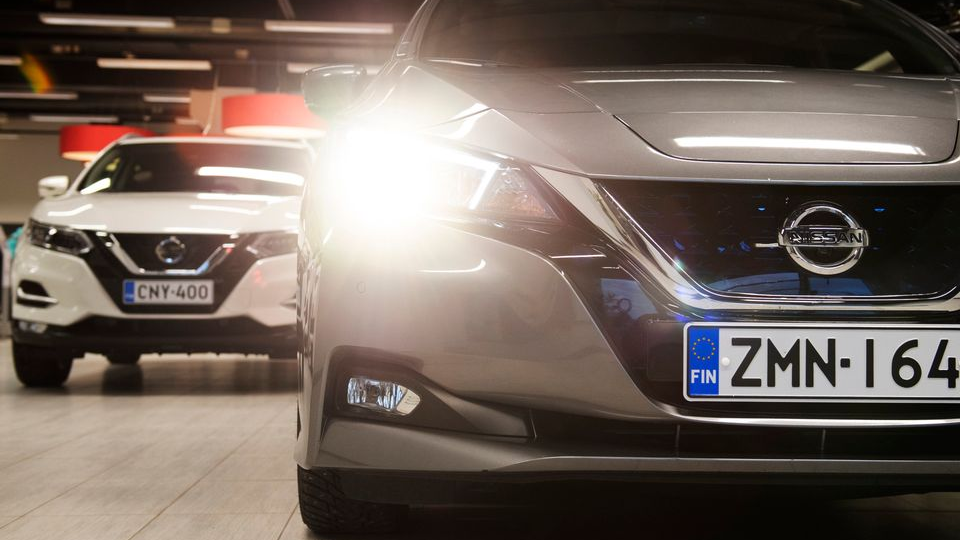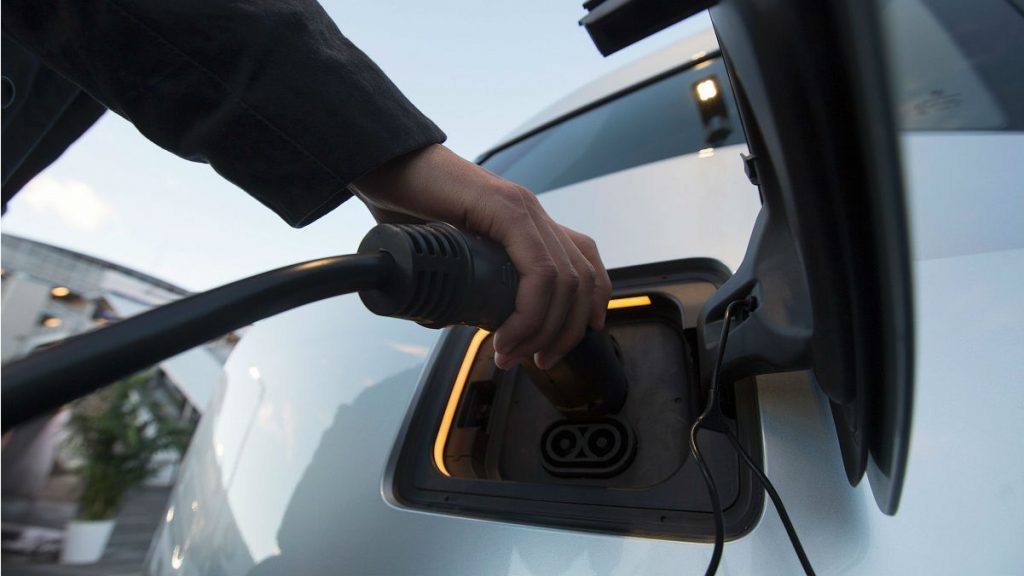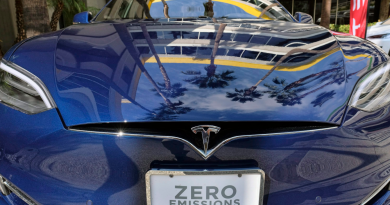Finnish climate panel: Electric cars cheaper in the long run

The Finnish Climate Change Panel estimates that electric cars emit 60-70 percent lower lifetime emissions than standard cars with combustion engines, and are also less costly to operate over the long term.
On Friday the state-supported think tank unveiled an automotive calculator (only in Finnish so far) that allows consumers to compare cradle-to-grave emissions and running costs of various types of vehicles.
It indicates that although the manufacturing of electric vehicles (EVs) produces higher emissions, they still generate far less greenhouse gases in the long run than conventional vehicles of the same size.
1/3 of emissions over 15 years
For example, driving a mid-sized car for 15 years at the Finnish average of 14,000 kilometres annually, an all-electric vehicle produces the cumulative equivalent of about 18,000 kg of CO2, including emissions from manufacturing.
In comparison, a plug-in hybrid produces about 27,000 kg. Meanwhile a standard petrol car pumps out about 44,000 kg, more than three times as much as an EV.
In other words, even including the manufacturing process, an electric car is cleaner overall than a comparable petrol-powered car within three years.
Over 15 years of use, the average electric car’s emissions are some 60 percent lower than that of a regular petrol car, if they are driven 14,000 km annually.
When driven 30,000 km annually, EV emissions are two-thirds lower than that of a regular car and 44 percent lower than a plug-in hybrid. The electric cars included in the comparison have a range of 300 km on a single charge in summer conditions. That can drop sharply in very cold weather.

Cheaper in the long run
The panel’s calculations indicate that although EVs are more expensive when new, they are actually cheaper over five to eight years for motorists who drive an average of 20,000 km annually, based on home charging.
The panel came up with the calculator as the government aims to make Finland carbon-neutral by 2035. This would require current car emissions to be slashed in half by 2030. The think tank points out that this will require standard combustion engines to be widely replaced by less-polluting alternatives.
Electric vehicles are still far less common in Finland than in neighbouring Norway and Sweden, and charging networks remain scanty beyond the main urban areas in the south.
The Finnish Climate Change Panel is an independent think tank that advises the Finnish ministerial working group on energy and climate policy. Established in late 2011, its mandate includes assessing the coherence and effectiveness of Finland’s climate policy. The 14-member panel is chaired by Markku Ollikainen, Professor of Environmental and Resource Economics at the University of Helsinki.
Related stories from around the North:
Canada: Hybrid-powered electric cruise ship navigates Northwest Passage, CBC News
Finland: Finnish housing companies hesitant to install charging stations for electric cars, Yle News
Norway: Electric car sales skyrocket in Arctic Norway, The Independent Barents Observer
Russia: Mining boost in Russian central Arctic to feed electric vehicle market, The Independent Barents Observer
Sweden: Giant battery factory bringing economic boom to Northern Swedish city, Radio Sweden
United States: Alaska’s first, electric public transit bus ready to hit Anchorage streets, Alaska Public Media



